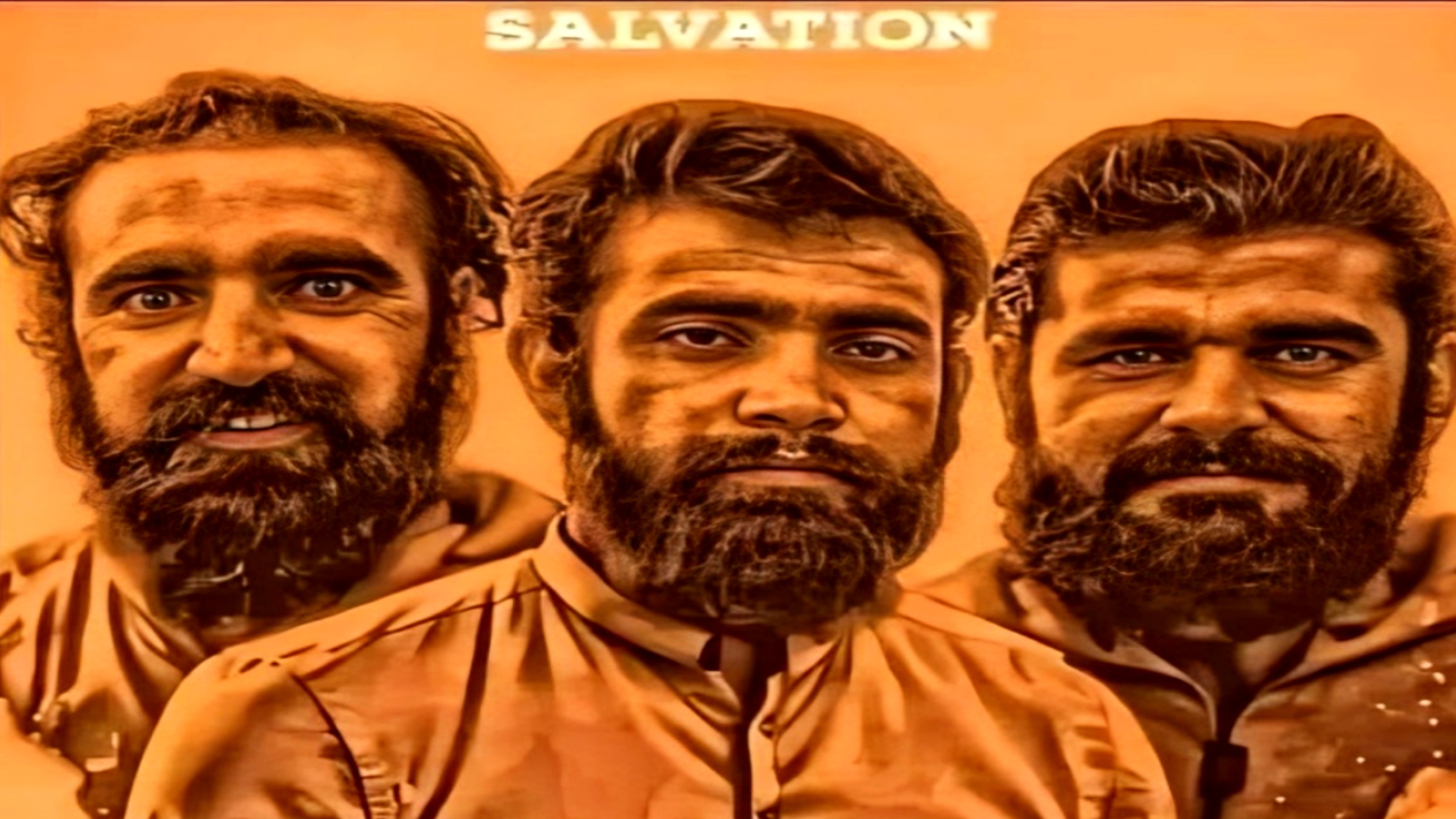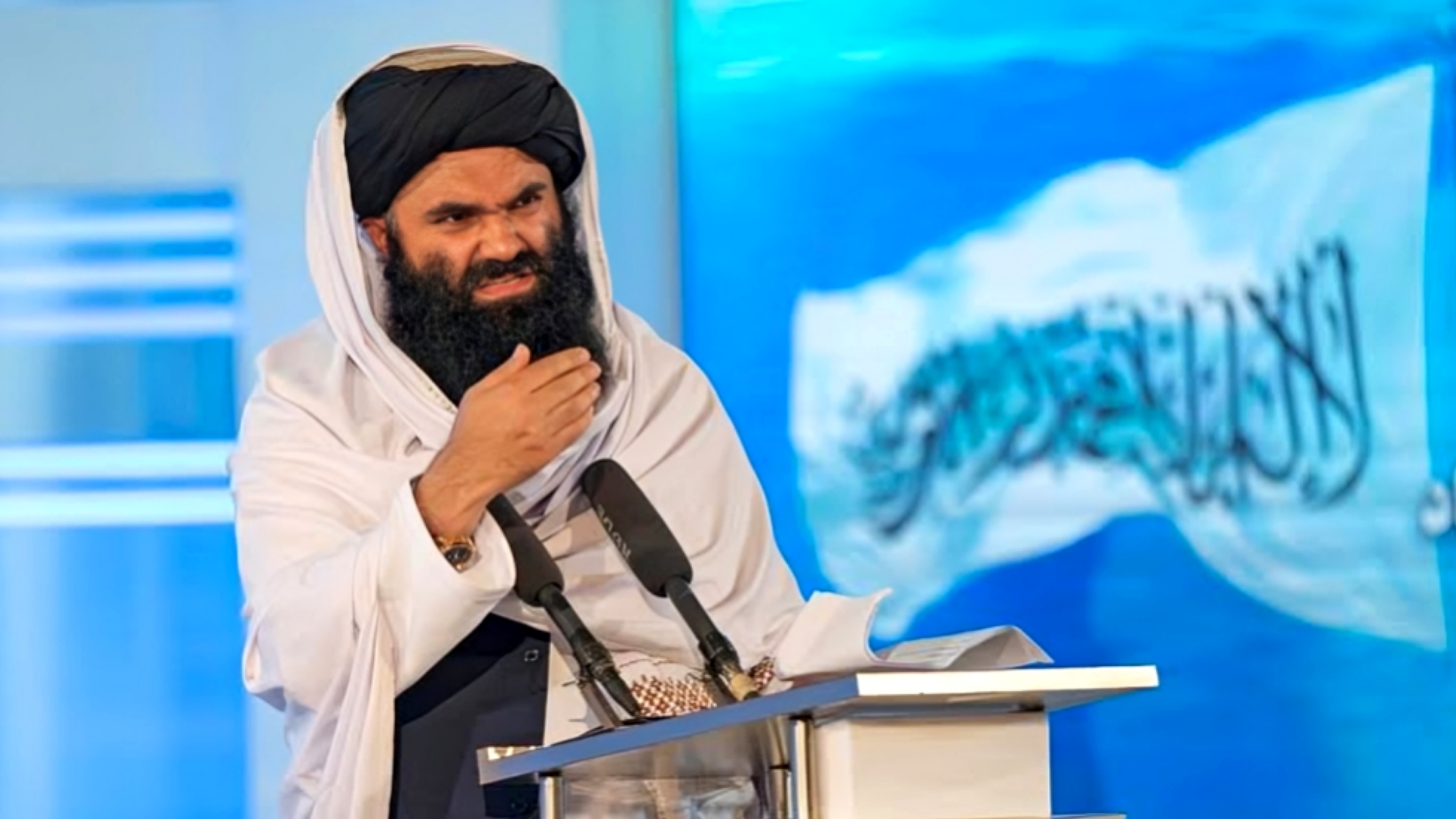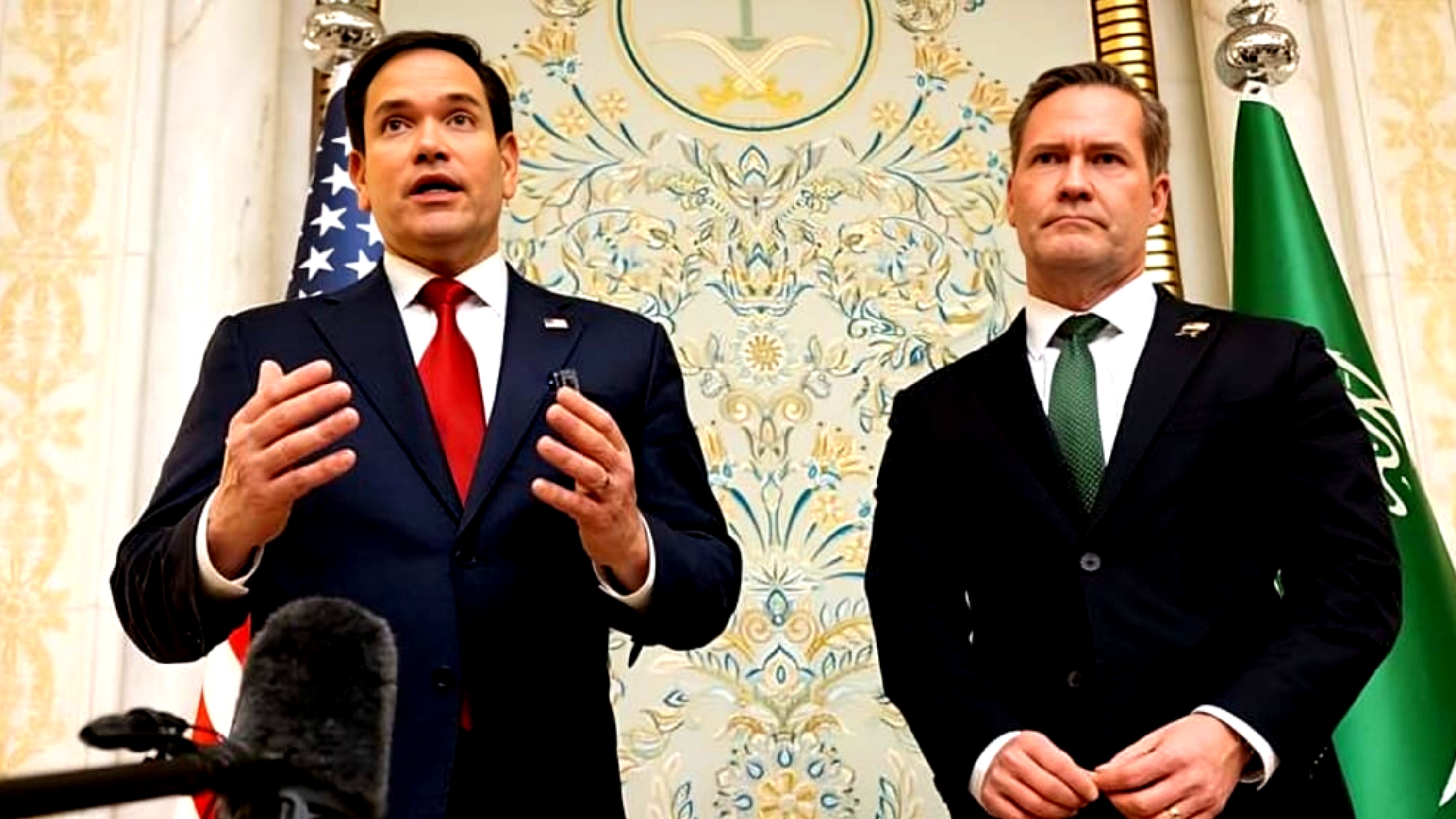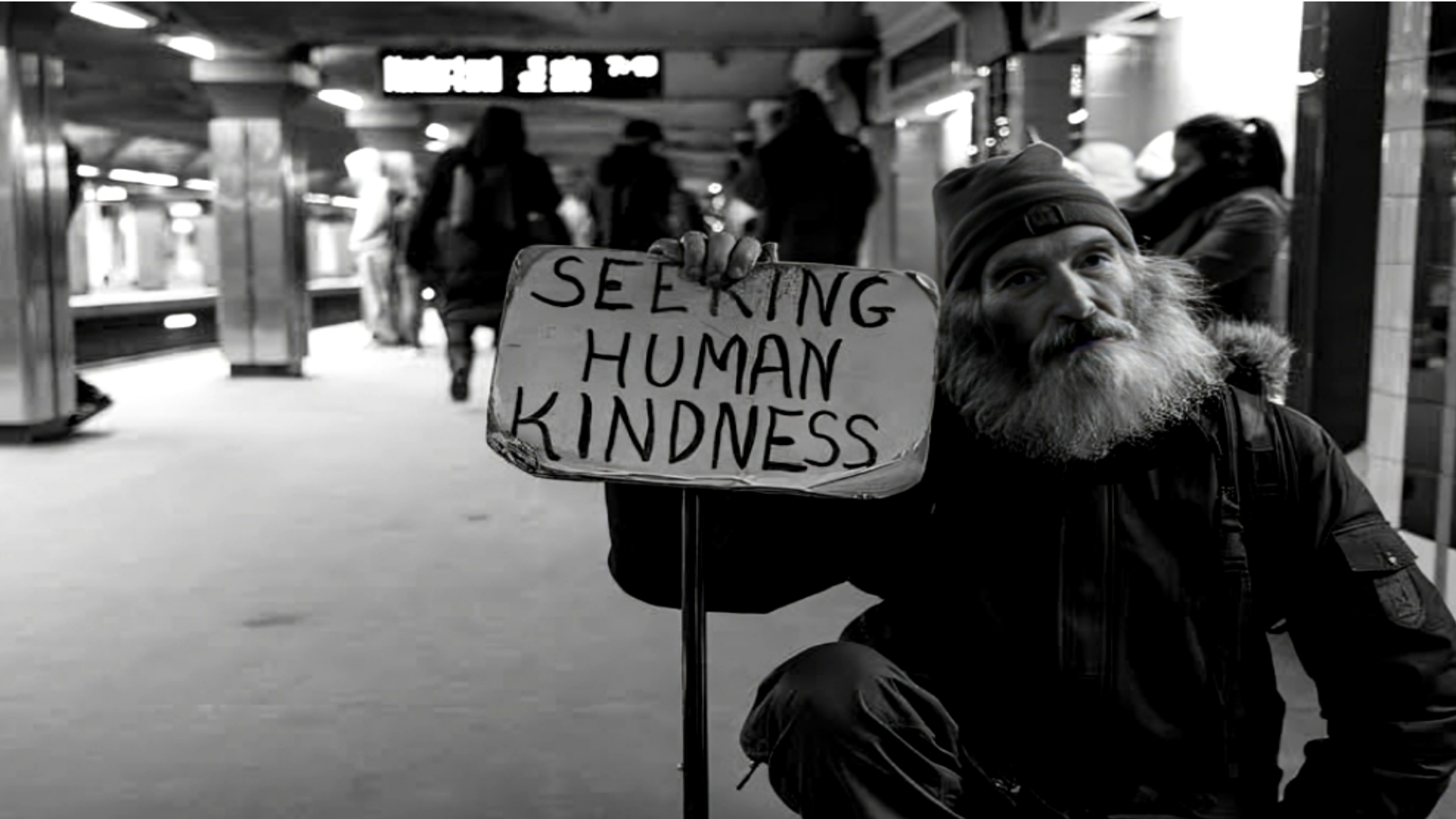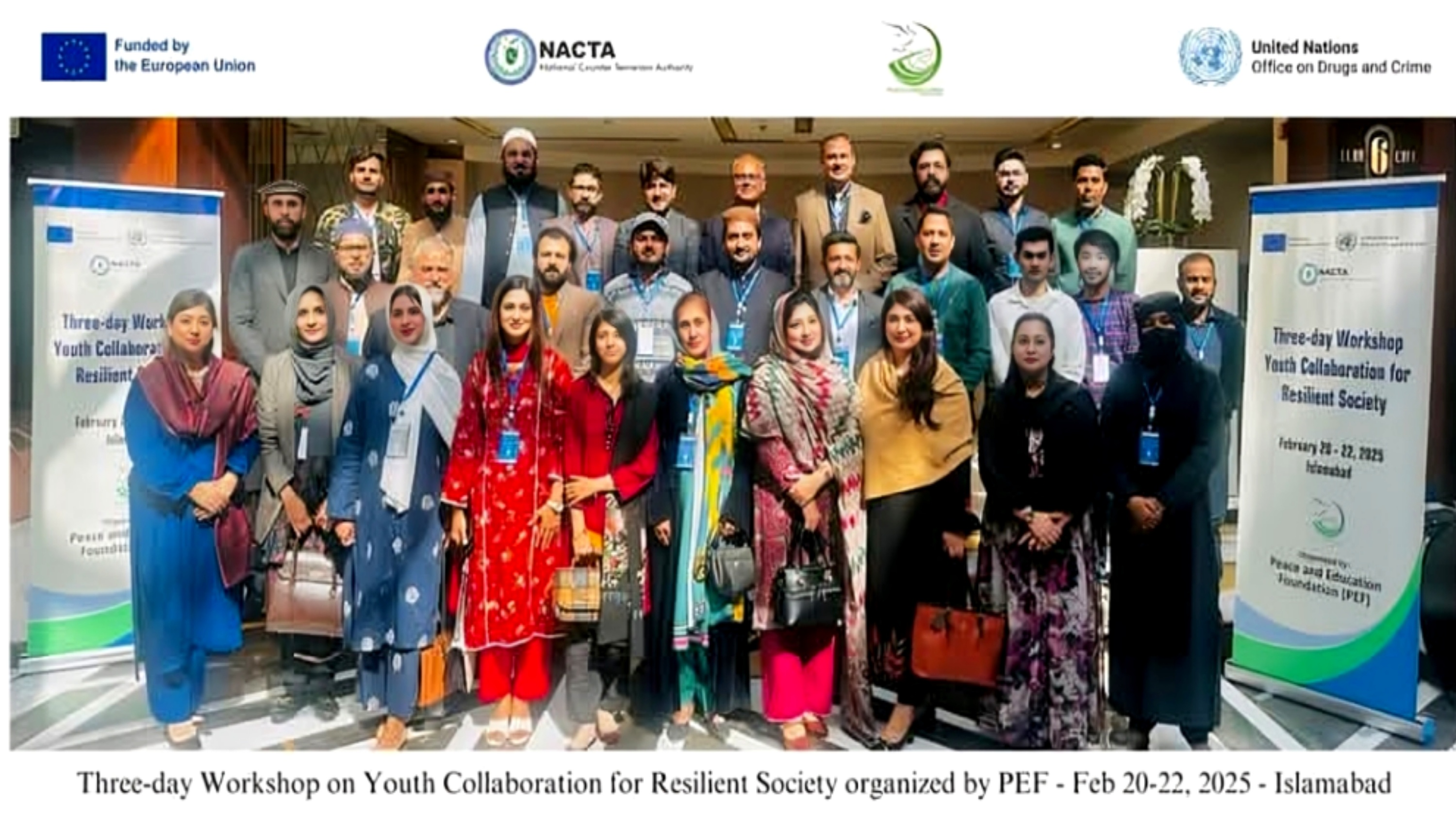Disclaimer: The views and opinions expressed in this editorial are solely those of the author and do not necessarily reflect the official stance of the Human Online
Op-ed: Political engineering and power struggles in Pakistan have historically resulted in the suppression of political activists. Since the country's inception, military interventions in political system have led to severe human rights violations, including imprisonment, torture, and even extrajudicial killings of political workers. These patterns have persisted for over seven decades, demonstrating a systematic approach to controlling political dissent through oppression.
One of the earliest recorded incidents of political repression occurred in 1948 in Charsadda, where security forces opened fire on peaceful political activists, killing 700 individuals. The bodies of the deceased were only returned to their families upon payment for the bullets used to kill them. This act of brutality was justified by the then non-elected provincial ruler, Abdul Qayyum Khan, who, during an assembly session, claimed that had the forces not run out of bullets, no activist would have survived. The silence or somehow support of Pakistan’s founding leadership on this atrocity emboldened non-political forces, setting a precedent for future military interventions.
A more extreme example of political manipulation and human rights violations was witnessed in the early 1970s, which led to the disintegration of Pakistan and the creation of Bangladesh. The state attempted to alter public mandates by force, disregarding fundamental human rights and resorting to violence, a miscalculation that resulted in national fragmentation. However, even the loss of East Pakistan did not halt the state’s oppressive practices.
During General Zia-ul-Haq’s martial law, political activists endured the worst forms of human rights abuses. They were publicly flogged, stripped naked, and subjected to inhumane punishments in prisons. According to the leader of the Awami National Party (ANP) they were being tied naked on ice bars for hours, with their fingernails forcibly removed. Similarly, a prominent political leader from Mohmand District anonymously told us about a child being tortured and electrocuted to death for refusing to provide a false testimony about involvement in a suicide bombing plot.
The recent history of political oppression in Pakistan includes the persecution of Pakistan Tehreek-e-Insaf (PTI) and Pashtun Tahafuz Movement (PTM) activists. Even after 77 years, Pakistan’s military policies regarding political dissent remain unchanged, as political activists continue to suffer egregious human rights violations. Both the military establishment and political leadership bear responsibility for these transgressions. While the establishment seeks to maintain control over political entities, political leaders often exploit activists in their struggle for power, abandoning them once their objectives are achieved.
The recent examples highlight why democracy has failed to flourish in Pakistan and why political activists are treated as expendable. The first instance occurred in the aftermath of the 2013 elections when PTI, supported by a faction within the establishment, launched protests against the ruling Pakistan Muslim League-Nawaz (PML-N) government. PTI’s leader, Imran Khan, openly collaborated with the military to remove Nawaz Sharif from office, a goal they ultimately achieved.
In 2018, PTM emerged as a political movement advocating for Pashtun rights. Meanwhile, PTI secured power across Pakistan, leading to a new wave of human rights abuses. Crackdowns against PTM during pro-establishment PTI's government resulted in mass arrests, enforced disappearances, and severe mistreatment of activists. Even journalists speaking out against these violations were targeted, as exemplified by the 2019 abduction of myself when I was tortured for six months for covering human rights abuses in Pakistan.
During PTI's government, one of the most horrifying incidents occurred in Khar Qamar, Waziristan, where security forces opened fire on peaceful protesters, killing 14 people. PTI’s social media team launched a derogatory campaign, equating the slain activists to stray dogs, echoing the brutal rhetoric of 1948 when Abdul Qayyum Khan expressed regret over sparing political activists’ lives.
During this period, PML-N, which had been a staunch critic of the establishment after the removal of Nawaz Sharif, led an opposition movement under the banner of the Pakistan Democratic Movement (PDM) with the slogan “Respect the Vote.” However, when the military’s stance shifted against Imran Khan, the PDM secured power through a dramatic no-confidence motion, leading to a relentless crackdown on PTI. The same opposition parties that once decried state oppression became complicit in similar violations against PTI activists.
The PDM period saw human rights abuses reminiscent of the Zia era. Under the rule of PDM, PTI and PTM activists were subjected to mass incarcerations, extrajudicial killings, and military trials without fair legal proceedings. A viral video from the post-May 9 arrests showed a PTI worker tearfully revealing the extreme sexual violence he endured in prison. Another activist, Sami Wazir, from Bannu, was released after two years in military detention, suffering from severe psychological trauma. He recounted being hung upside down and exposed to venomous insects while pleading for mercy.
PTM leader Ghilam Wazir being a poet, documented similar atrocities in his book and poetry, describing how they were stripped naked, electrocuted, mutilated with razors, and had their bones broken under brutal torture. Many activists, such as Jamshed Wazir, developed psychological disorders after their release.
Having personally experienced this brutality, I can attest to the unimaginable conditions in Pakistan’s prisons. Political or anti-establisment Prisoners are locked in tiny, suffocating cells where they are subjected to venomous insect infestations at night and toxic fumes during the day. Psychological torture includes being forced to witness inhumane acts, breaking the spirits of detainees over months of prolonged suffering.
In recent months, Pakistan has witnessed severe political repression and human rights violations. A notable example occurred in October 2024 when the Pashtun Qaumi Jirga was convened in Peshawar by the Pashtun Tahafuz Movement (PTM) to address the worsening human rights situation in Khyber Pakhtunkhwa, particularly following the assassination of PTM leader Ghilaman Wazir in Islamabad.
However, the state responded with a brutal crackdown, resulting in the killing of several peaceful activists and the banning of PTM, effectively stripping it of its political and human rights. One of the most glaring examples of this repression is PTM leader Ali Wazir, who remains imprisoned without a solid legal case and is subjected to inhumane treatment, including psychological distress. PTM activists face severe restrictions, including travel bans, financial hardships, and social marginalization, while being denied their fundamental right to identity.
Similarly, in November 2024, a peaceful protest by Pakistan Tehreek-e-Insaf (PTI) was met with deadly force. Several PTI activists were killed in the crackdown, while security personnel also suffered casualties as they attempted to block protestors under government orders. In addition to this violence, female prisoners from PTI have faced inhumane treatment in jails. A recent example is Dr. Yasmin Rashid, a senior PTI leader and cancer patient, who wrote a letter to the Chief Justice of Pakistan detailing the grave human rights violations she and other PTI members have endured in detention.
The stories of human rights violations in Pakistan are innumerable. Entire graveyards are filled with political martyrs, activists have been driven to suicide, and cases of sexual violence in custody have been reported. Despite decades of political evolution, international human rights conventions, and growing global awareness, the persecution of political activists remains a defining characteristic of Pakistan’s power dynamics.
The political history of Pakistan is marred by systemic repression, human rights abuses, and the exploitation of political workers by both the establishment and political leadership. From the early years of the nation's existence to the present day, the pattern of suppression, forced disappearances, torture, and targeted killings continues unabated. Political engineering has not only stifled democracy but has also eroded public trust in the political system. The cycle of oppression, where once-victimized leaders align with the establishment upon securing power, perpetuates the suffering of political workers who remain pawns in a larger power struggle.
It is evident that until the establishment relinquishes its control over the political landscape and political leaders prioritize democratic values over personal gains, Pakistan’s democracy will continue to remain fragile. The international community, human rights organizations, and civil society must play a proactive role in holding perpetrators accountable and advocating for genuine democratic reforms. Only through sustained efforts to uphold justice, transparency, and political freedom can Pakistan hope to break free from this vicious cycle and ensure a just and democratic future for its citizens.


